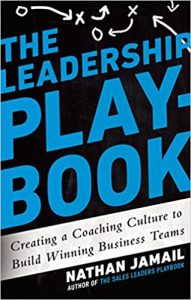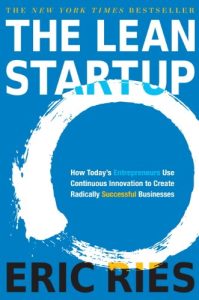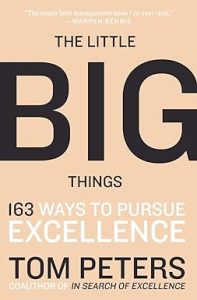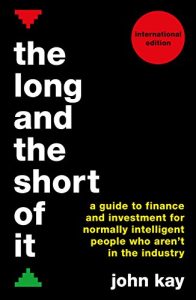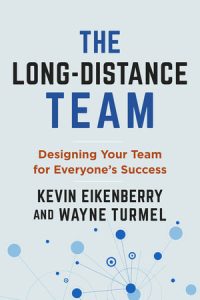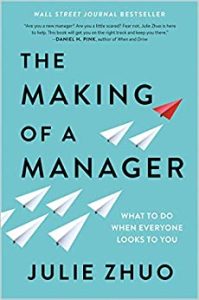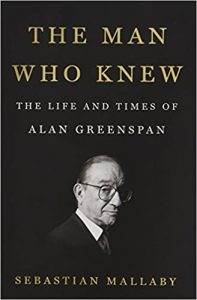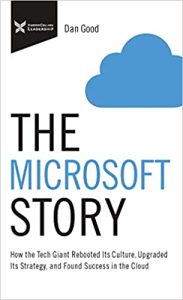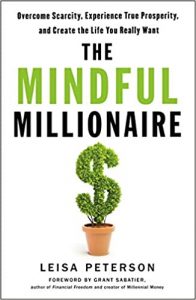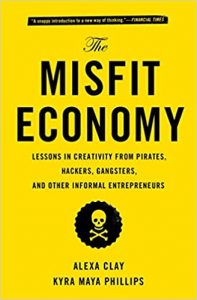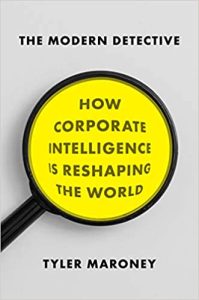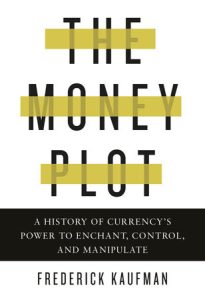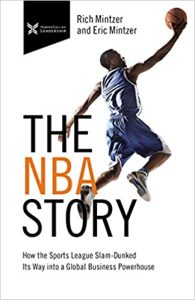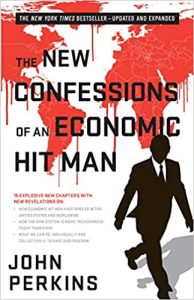The Leadership Playbook
₦7,000.00There are enormous differences between managing and coaching. Yet many companies and organizations encourage their leaders to coach teams without ever teaching them how and without creating a culture that supports coaching.
Nathan Jamail—a leading consultant, professional speaker, and the president of his own group of businesses—trains coaches at several Fortune 500 companies and learned that it takes not only different skills to achieve success, but a truly effective coach needs an organizational culture that creates and multiplies the success of every motivated team member. The Leadership Playbook shows leaders the skills necessary to be an effective coach and to build effective teams by:
-Fostering employees’ belief in the culture of a company
-Resolving issues proactively rather than reactively and creating an involvement that constantly pushes employees to be their best
-Focusing on the more humane principles of leadership—gratitude, positivity, and recognition—that keep morale high
-Holding teams and individuals accountable
-Constantly recruiting talent (“building the bench”) rather than filling positions only when they are empty
Combining research, interviews, and inspiring stories with the lessons that have earned Jamail the respect of the world’s foremost corporations including CISCO, FedEx, Sprint, the U.S. Army, and State Farm; The Leadership Playbook will dominate the category for years to come.

